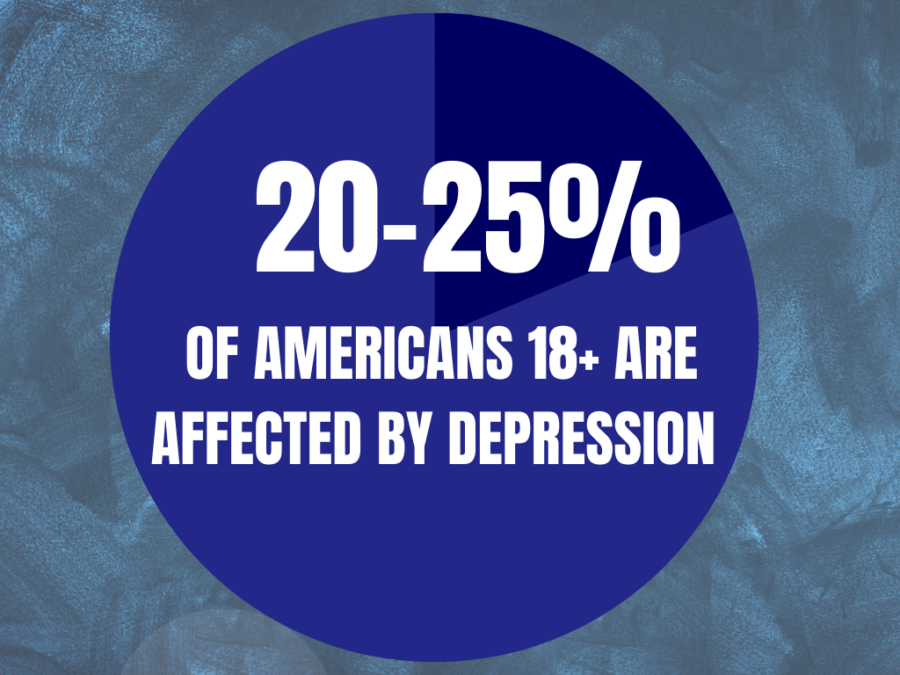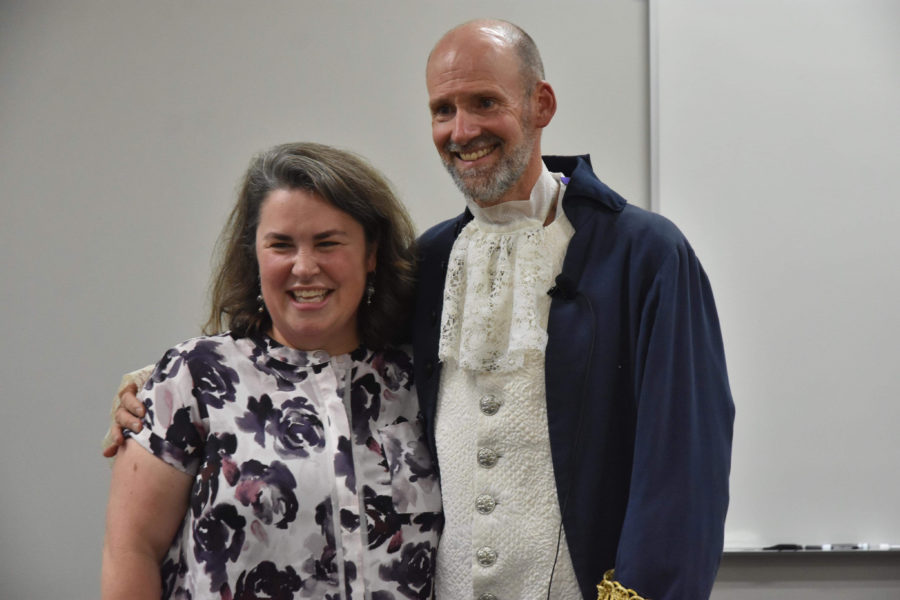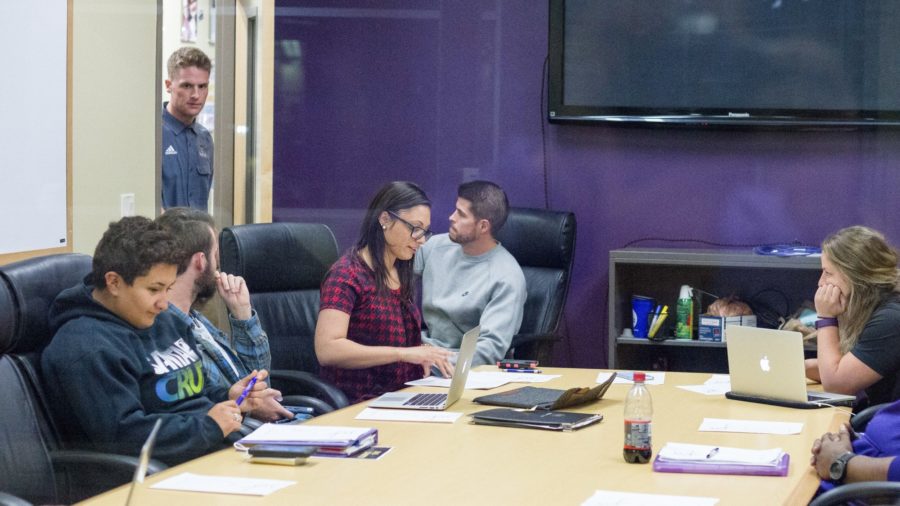So much of the college experience is bent toward helping the student into a well-rounded education. General education requirements put students in learning situations to which they would not normally be exposed, and many of these students have their general education requirements to thank for helping them find fields of study they enjoy.
A general education, however, is not the same thing as a well-rounded education. General, in this sense, refers less to its broad and universal definition than it does to its wide-ranging one. The subtle difference there is depth.
For instance, in one of the great ironies of our education system, students have the ability to test out of the subjects at which they excel, and are forced to drudge through many of the subjects that give them fits. The average high-school student’s goal in taking the AP Statistics test is to take less mathematics in college, not to vault quickly into deeper mathematical areas.
The purpose of an AP test should be to get students into classes where they’ll excel, not out of them. How better-educated would students be if, instead of taking the AP English test to get out of taking English general education classes, they took the AP English test to jump right into advanced writing classes, or even courses which explored the historical and cultural connections between the pieces they have already been studying?
This isn’t to say that students should escape having to study subjects with which they have no familiarity. A well-rounded communications major, for instance, should have a good working knowledge of writing, history and mathematics to be an effective member of that professional field.
The trick, however, lies not in forcing every university student to take and pass the same classes, but in helping the general education requirements align more effectively with that student’s area of study. Too many humanities students are stalling unnecessarily in math general education classes, trying for the third or fourth time to pass a subject that is too general. A public relations major might be better served by taking a basic statistics classes than by taking a series of remedial math courses designed to target too large of an audience.
Of course, if the mathematics professors all had a nickel for every time a student asked them when they’d actually ever use this, those professors would all be fabulously wealthy and probably no longer teaching. Math is a very useful area of study; the principles of math and logic apply universally. If these principles were better tailored to align with individual majors outside of the field of mathematics, they would be better utilized.
Conversely, many brilliant math and science students are forced to take English classes and, in the words of one computer science major, “write about our feelings all the time.” Journaling and reading literary classics are important parts of a well-rounded education, but students can become better readers and writers while still reading works of modern creative nonfiction, or articles in economic and scientific journals.
The intention of requiring a general education for every student is a good one. Students, staff and administrators, however, should focus more on equipping these students with general knowledge that is deep, and not cursory. Policies that discourage students from succeeding should be altered to encourage academic success and the acquisition of new knowledge.




















